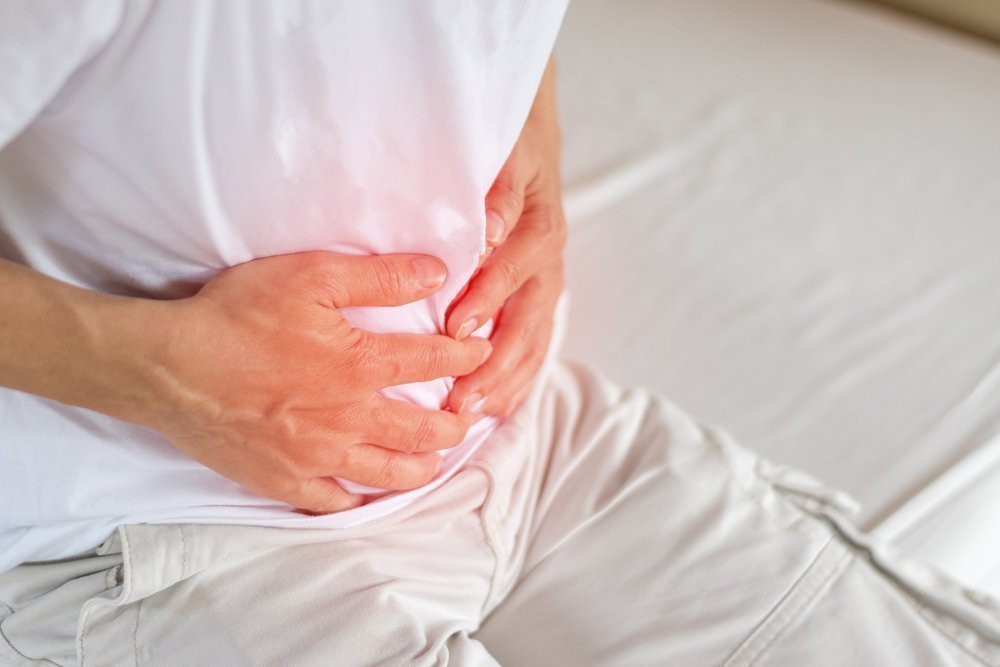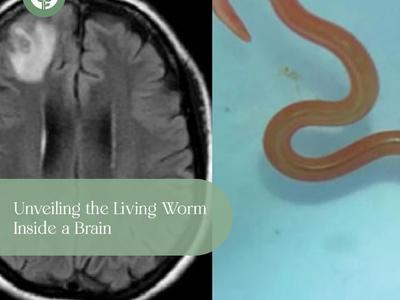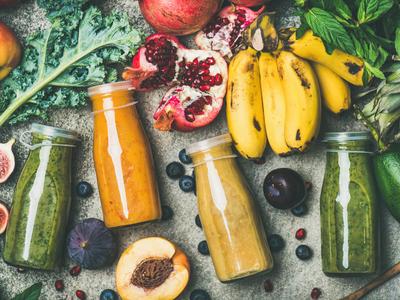What Is Crohn’s Disease?
Crohn’s Disease
Crohn’s disease is an inflammatory bowel disease (IBD) that affects the lining of the gastrointestinal tract, causing abdominal pain, severe diarrhoea, fatigue, weight loss and malnutrition.
Crohn’s can cause serious health issues when left untreated due to the malabsorption of important nutrients and prolonged autoimmune and inflammatory responses that degenerate healthy tissue throughout the body.
While there is some debate as to the cause of Crohn’s disease, experts now believe that a combination of genetic factors, chronic stress, toxicity, an inflammatory diet, dysbiosis, exposure to certain parasitic infections may trigger the condition.
Crohn’s Disease Symptoms
Like any chronic illness, Crohn’s disease affects sufferers differently. However, it is common for inflammation to spread deep into the layers of digestive tract tissue, causing changes to bowel movements and disturbing normal nutrient absorption. When Crohn’s is active, signs and symptoms may include:
-
Diarrhoea and loose stools.
-
Intestinal cramping and abdominal pain.
-
Nausea and vomiting.
-
Fever and fatigue.
-
Blood in stools. It’s also possible to have bleeding inside the GI tract.
-
Ulcers and mouth sores.
-
Reduced appetite and weight loss.
-
Perianal disease.
-
Child developmental delays.
-
Other symptoms include inflammation of skin, eyes and joints, liver or bile ducts. kidney stones, gallstones, haemorrhoids, anal skin tags, joint pain and skin rashes.
Types Of Crohn’s Disease
Just as the symptoms and severity of Crohn’s can differ from person to person, there are also subtle and not-so-subtle differences between the five types of the disease out there.
-
Crohn’s Colitis, also known as granulomatous colitis, affects the large intestine.
-
Gastroduodenal Crohn’s Disease causes inflammation of the stomach and the duodenum, which is the first part of the small intestine.
-
Ileitis affects the ileum, which is the end of the small intestine that connects to the colon.
-
Ileocolitis is the most common kind of Crohn’s disease, and it affects the last part of the small intestine and the entire colon.
-
Jejunoileitis affects the mid-small intestine.
Treatment For Crohn’s Disease
Crohn’s disease can be diagnosed by blood tests, stool sampling, imaging and a colonoscopy. If persistent changes have been noticed in bowel habits, it is advisable to seek medical attention at the earliest opportunity. Crohn’s disease affecting the colon increases the risk of colon cancer.
One of the easiest ways for Crohn’s sufferers to help themselves is to look at any dietary changes needed. Drinking at least eight glasses of water daily is also recommended as are supplements such as vitamin B12, iron, a probiotic and omega-3 fish oils.
At Neomed, our digestive health programmes are tailored to specific conditions such as Crohn’s to help with digestive tract restoration and mucosal lining while enhancing digestive secretions and regulating motility by restoring the gut microbiome.
A substantial body of data has recently emerged suggesting that the primary defect in Crohn’s disease is actually one of relative immunodeficiency, removing of environmental toxins and bio-toxins is also among our targeted therapies, as they play a role in mitochondrial damage and immune suppression.
CONTACT US
If you would like more information on our therapies please use the form below:







